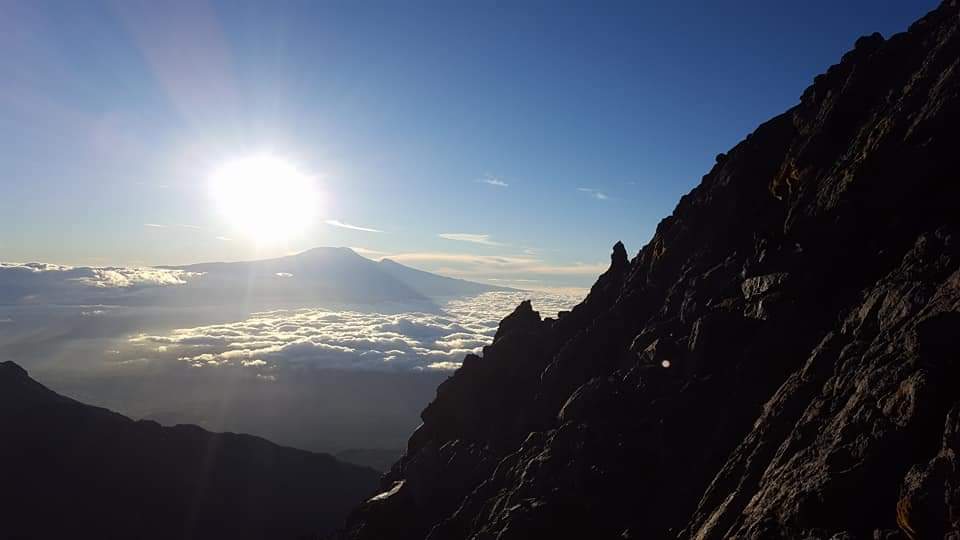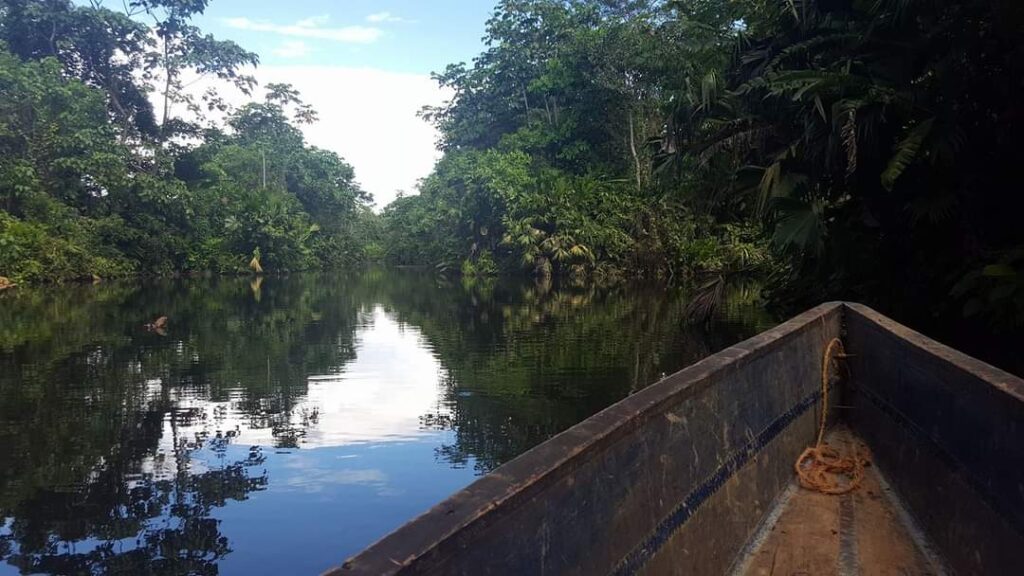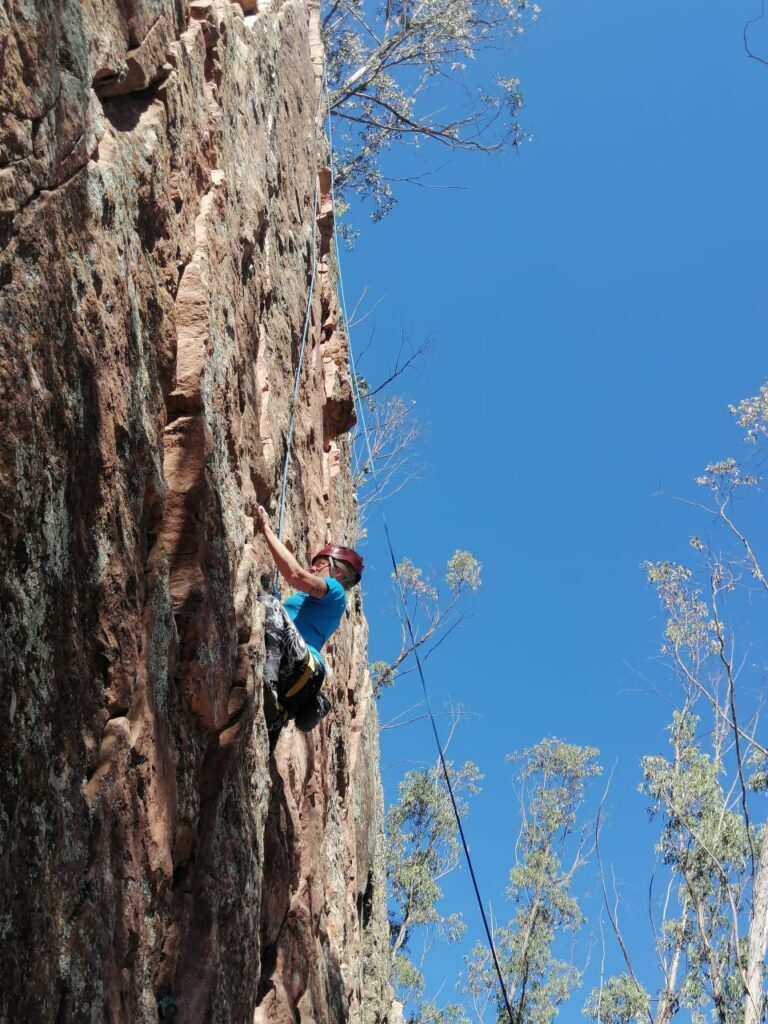SOUTH AMERICA / AFRICA. Every day our social media feeds are carpet-bombed with sponsored ads meant to target the aging adult population. People find themselves assailed with constant reminders, both visual and verbal, that ageism plays an increasingly important role in how the world treats adults.
This phenomenon finds traction much sooner than people expect. In my case, it took center stage at neither the tender nor bygone age of 37. I was planning a year-long solo backpacking trip inspired by the sudden death of my father. At the time, I was a small business owner and a former corporate American girl who´d been steadily working toward an early grave until being shocked into reassessing my bucket list after my personal tragedy.
At the top of that list was backpacking through South America and summiting the great mountains of East Africa. I sold everything that didn´t fit into my 55-liter Osprey backpack and headed out for an adventurous new horizon, alone.

Unexpected obstacles
This idea was met with immediate resistance from some and quiet encouragement from others. I was on the back-end of my mid-thirties and an established business owner, so my choice was shocking to many. Among my favorite comments from the passive-aggressive peanut gallery were statements like, “You´re not getting any younger.”
“Wouldn´t you rather travel somewhere safer at this point in your life?”
“Aren´t you a bit old to be doing that kind of stuff?”
Society the world over has made it clear that bold, adventurous decisions are better left to frivolous college-age kids with nothing to lose. Climbing mountains was clearly not in my lane, as a lady on the downward slide toward 40. That kind of stuff was reserved for Instagram models and sponsored athletes who were, most importantly, younger. Nevermind that I was a triathlete and marathon runner who continued to run, even place, in races well into my mid-30s. These accomplishments merited little more than a verbal pat on the head from defeatists.
Despite being made to feel like some aging ugly duckling version of a backpacker, I remained resolute and stayed the course. I spent months training with a heavy pack and clunky boots to be able to see the sunrise from above the clouds on Mt. Meru and Mt. Kilimanjaro (Tanzania). I read an absurd amount of literature on Amazonian botany, animals, insects, and river navigation so that I could survive the world’s largest jungle.

Lessons learned from walking the talk
During that journey, I ended up summiting four mountains and spent time living with Amazonian indigenous people who were descendants of the former headhunters of legend. Every physical and mental challenge that presented itself was overcome, despite a fair amount of personal doubt and occasional whining. Surprisingly, the best part of the voyage wasn’t my personal accomplishments but discovering that I wasn’t the only person throwing stones at the glass ceiling of age stereotypes.
I met a group of people at a hostel in Santiago. Well into their 60s and 70s, they had just backpacked through some of the most rugged parts of Patagonia. After returning to Bolivia, I became friends with a retired nurse and single mother whose children had long ago left the nest. She was pushing her limits by learning how to rock climb and training to summit the notorious Huayna Potosí mountain and glacier near La Paz.
There was a former CEO I met in a Peruvian desert who had walked away from his life to find a deeper connection to the world through travel. There were countless women around my age, also traveling solo, with whom I shared glasses of wine along the way.
At the end of the day, I found my tribe of beautiful, transcendent, and mature swans somewhere down the road from all the young ducklings still struggling to find their footing.
The underlying lesson for me was that new beginnings are possible for everyone, regardless of age. Truly, it is exactly like the popular phrase describes, age is just a number.


